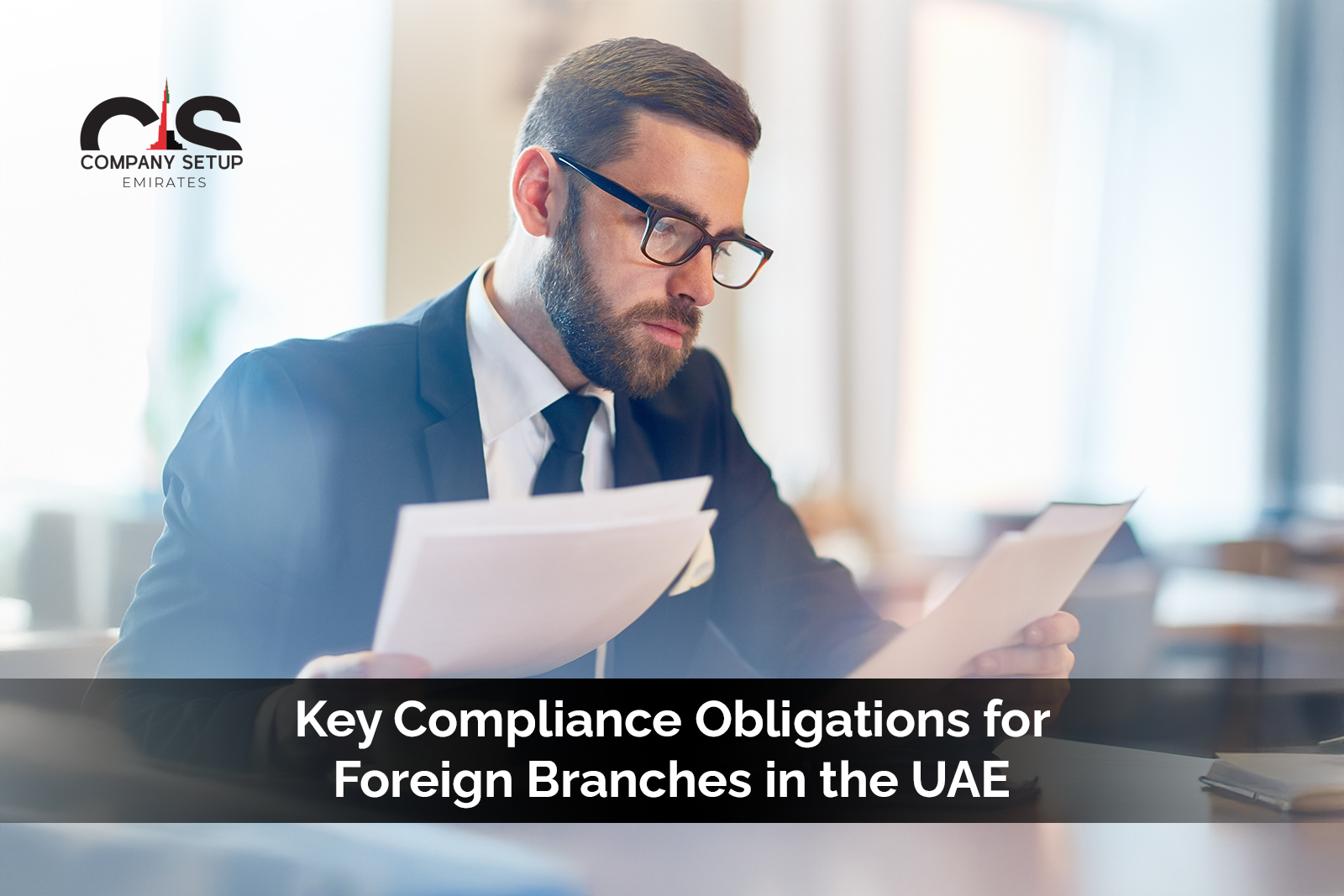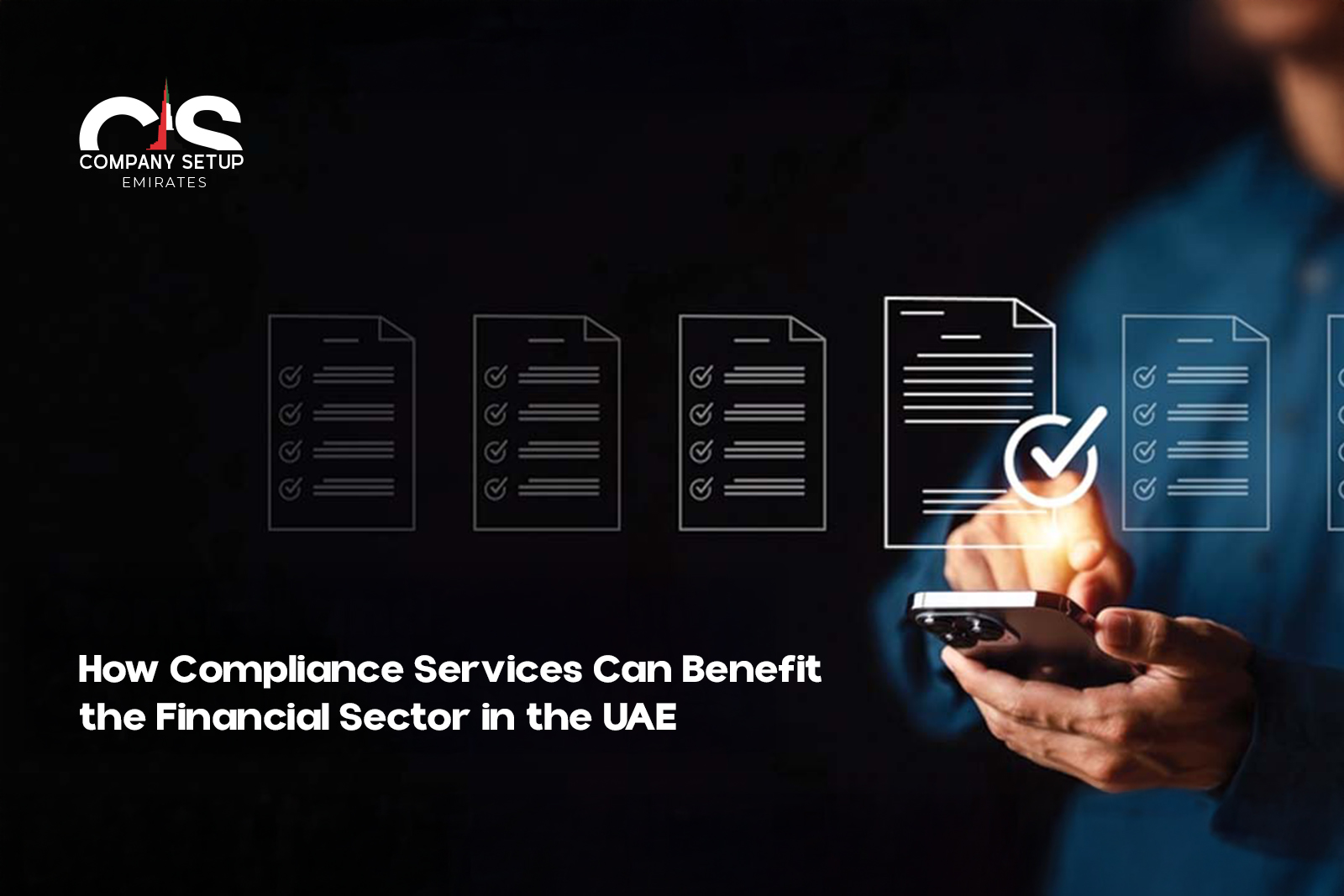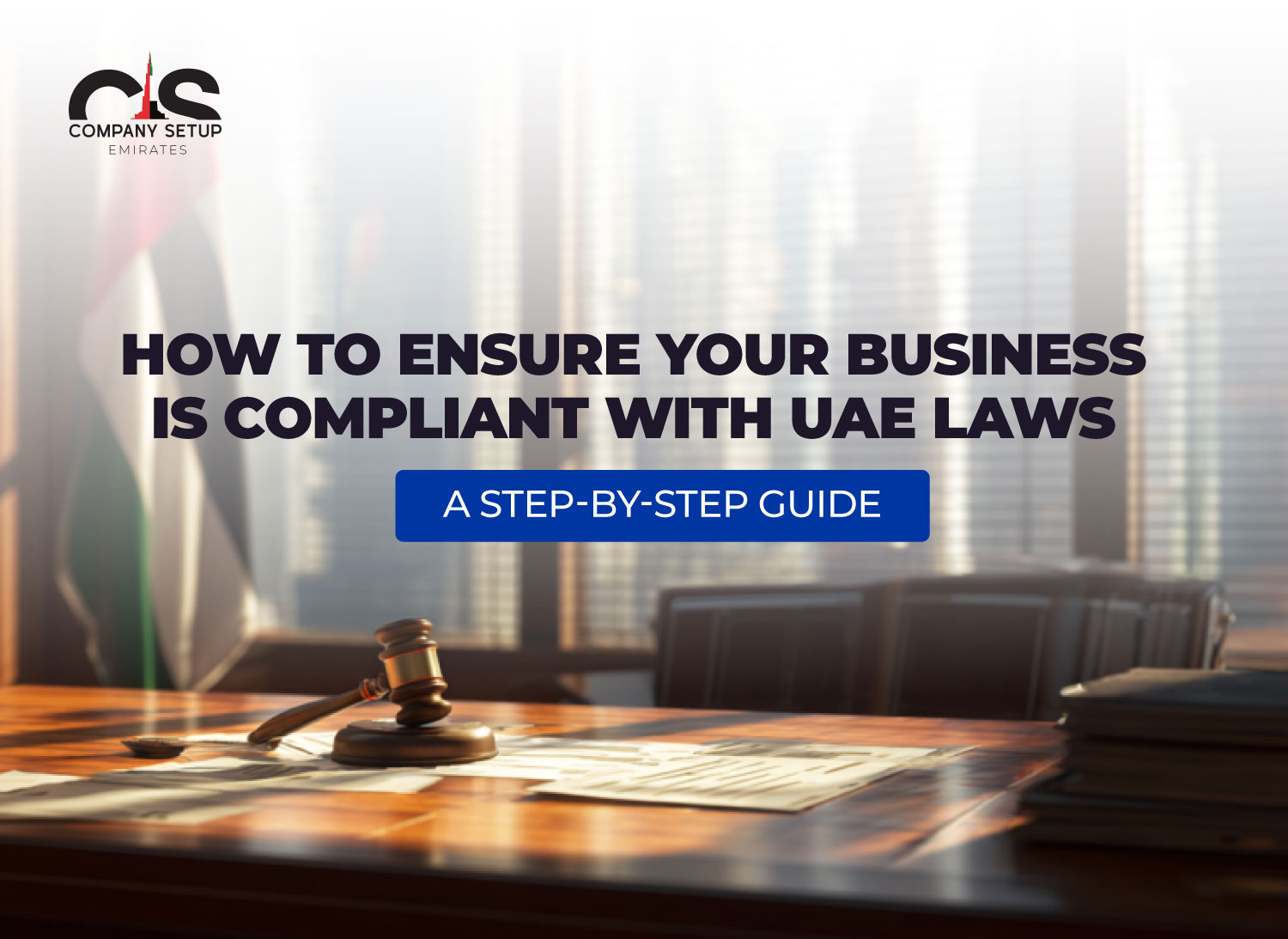Running a business in the UAE offers unparalleled opportunities, from a thriving economy to world-class infrastructure and a strategic location for global trade. But with opportunity comes responsibility: compliance with UAE laws is not optional. Ensuring your business operates within the legal framework protects your company from fines, penalties, and reputational damage while laying the foundation for sustainable growth.
In this comprehensive blog, we’ll walk you through the essentials of UAE business compliance, covering everything from regulatory requirements, labour laws, and corporate governance to VAT, corporate tax, and commercial licensing. By the end of this guide, you’ll have a step-by-step roadmap to keep your business fully compliant in 2025 and beyond.
Understanding UAE Business Compliance
UAE business compliance refers to adhering to all local laws, regulations, and guidelines that govern commercial activity in the country. Compliance is multi-layered, involving various government authorities and regulatory frameworks, such as:
- Labour laws under the Ministry of Human Resources and Emiratisation (MOHRE)
- Tax regulations under the Federal Tax Authority (FTA)
- Corporate governance standards for company registration and licensing
- Sector-specific regulations for industries like real estate, finance, healthcare, or logistics
Non-compliance can result in serious consequences, including fines, legal disputes, suspension of licenses, and even criminal liability for business owners.
Why Business Compliance Matters in the UAE
Compliance is not just about avoiding penalties. It brings tangible benefits:
- Business Credibility: Regulatory compliance enhances your company’s reputation with clients, partners, and investors.
- Financial Security: Avoid unnecessary fines and penalties by staying ahead of regulatory changes.
- Operational Stability: Proper compliance ensures uninterrupted operations and smoother processes.
- Investor Confidence: Transparent and lawful practices attract investors and facilitate fundraising.
- Sustainable Growth: Companies that comply with UAE laws can scale efficiently while mitigating risks.
Step 1: Registering Your Business Correctly
The foundation of compliance begins with proper business registration. The UAE offers multiple types of business structures:
- Mainland LLC: Offers unrestricted operations across the UAE but requires a local sponsor for majority ownership in most cases.
- Free Zone Company: Ideal for foreign investors seeking full ownership, with specific licensing rules for each free zone.
- Offshore Company: Mainly for international transactions, asset protection, and tax planning.
Compliance Tip: Always select the company type that aligns with your business activities. Registering under the wrong license can lead to legal complications and potential fines.
Step 2: Understanding Licensing Requirements
Every business in the UAE must operate under a valid license issued by the appropriate authority:
- Department of Economic Development (DED) for mainland businesses
- Free Zone Authorities for companies operating in designated free zones
- Sector-specific regulators for financial services, healthcare, or logistics
Licenses must be renewed annually, and failure to renew on time can lead to fines or suspension.
Checklist for License Compliance:
- Confirm license type matches business activity
- Maintain valid trade license, commercial registration, and permits
- Ensure licenses are renewed before expiry
- Update licenses whenever business activities or ownership change
Step 3: Complying with UAE Labour Law
Labour law compliance is a critical area for businesses in the UAE. The UAE Labour Law (Federal Decree Law No. 33 of 2021) governs employee rights, contracts, working hours, leave entitlements, and end-of-service benefits. Key requirements include:
- Employment Contracts: Must be in writing and comply with MOHRE regulations.
- Wages & Benefits: Timely salary payments and adherence to UAE wage protection system (WPS).
- Working Hours: Standard 8-hour workdays, with a maximum of 9 hours including breaks.
- Leave Entitlements: Annual, maternity, paternity, sick, and public holiday leave.
- End-of-Service Benefits: Gratuity payments for eligible employees upon termination.
Compliance Tip: Keep digital and physical copies of all employment contracts, payroll records, and employee approvals. Regular audits ensure that policies comply with changes in law.
Step 4: Tax Compliance in the UAE
While the UAE is tax-friendly, businesses must comply with the UAE VAT Law and Corporate Tax Law (effective 2023).
VAT Compliance
- VAT Rate: 5% on most goods and services
- Registration: Mandatory if annual revenue exceeds AED 375,000
- Filing: Quarterly or monthly returns, depending on business size
- Record-Keeping: Maintain invoices, receipts, and VAT documentation for at least 5 years
Corporate Tax Compliance
- Corporate Tax Rate: 9% for taxable income above AED 375,000
- Exemptions: Certain small businesses, qualifying free zone entities, and government entities
- Filing: Annual return submission to FTA
- Penalties: Late filings or inaccurate reporting can lead to fines and audits
Compliance Tip: Partner with certified accounting and tax advisors to manage VAT and corporate tax filings efficiently. Regular internal audits reduce risk.
Step 5: Financial Reporting & Corporate Governance
UAE law mandates strict corporate compliance requirements, particularly for LLCs, public joint-stock companies, and free zone entities:
- Annual Financial Statements: Must comply with IFRS standards
- Board Resolutions: Keep records of board meetings, shareholder approvals, and decisions
- Internal Controls: Implement policies for accounting, auditing, and risk management
- Record-Keeping: Maintain company records, contracts, and licenses for inspection
Compliance Tip: Establish a compliance calendar to track filings, meetings, and audits. Use accounting software and document management systems for accuracy.
Step 6: Complying with Sector-Specific Regulations
Different industries have additional regulatory obligations:
- Real Estate: Register with RERA for property brokerage, property management, or development activities
- Finance: Comply with DFSA (DIFC) or Central Bank regulations
- Healthcare: Licensing via DHA, MOHRE, or HAAD depending on the emirate
- Logistics & Manufacturing: Environmental and safety approvals, customs compliance
Compliance Tip: Identify sector-specific regulatory authorities early and ensure ongoing reporting to avoid penalties.
Step 7: Contractual and Commercial Compliance
Every business in the UAE interacts with clients, suppliers, and partners. Ensuring contractual compliance reduces disputes:
- Draft contracts with clear terms and conditions
- Ensure agreements comply with UAE commercial laws
- Implement approval processes for all legal documents
- Regularly review contracts for changes in legislation
Compliance Tip: Use legal counsel for drafting or reviewing contracts to avoid non-compliance with UAE Commercial Transactions Law.
Step 8: Data Protection & Cybersecurity Compliance
With increasing digitalisation, UAE businesses must comply with data protection regulations:
- DIFC Data Protection Law and ADGM Data Protection Regulations
- Obtain consent for personal data collection
- Secure sensitive business and customer data
- Implement cybersecurity policies and employee training
Compliance Tip: Assign a data protection officer or compliance manager to monitor ongoing obligations and ensure adherence.
Step 9: Ongoing Regulatory Updates
UAE laws are evolving. Staying compliant requires monitoring updates from:
- UAE Ministry of Justice
- UAE Ministry of Economy
- Federal Tax Authority
- Free zone authorities
- Industry-specific regulators
Compliance Tip: Subscribe to official newsletters, attend workshops, and consult experts regularly. A proactive approach prevents violations before they occur.
Step 10: Internal Audits & Compliance Monitoring
Implementing a robust internal audit system is essential:
- Periodically review financial statements, contracts, and employee records
- Identify gaps in compliance and mitigate risks
- Ensure VAT, corporate tax, and labour laws are being followed
- Train staff on compliance best practices
Compliance Tip: Use digital compliance tools and software to track obligations, deadlines, and updates efficiently.
Common Compliance Challenges in the UAE
Even experienced businesses face challenges:
- Complexity Across Emirates: Different emirates may have unique requirements for business licenses and labour laws.
- Evolving Tax Laws: VAT and corporate tax rules continue to update, requiring vigilance.
- Sector-Specific Requirements: Regulations in real estate, finance, or healthcare can be complex and nuanced.
- Documentation Management: Maintaining accurate records for audits, visa processes, or regulatory inspections.
- Cultural & Legal Differences: Foreign investors must navigate local laws and cultural norms effectively.
Best Practices to Ensure Compliance
- Maintain a Compliance Calendar: Track all license renewals, tax filings, and regulatory deadlines.
- Hire Professional Advisors: Legal, accounting, and HR experts help avoid costly mistakes.
- Educate Your Team: Ensure employees understand labour laws, data protection, and internal policies.
- Regular Audits: Conduct financial and operational audits to identify gaps proactively.
- Document Everything: Keep contracts, licenses, approvals, and financial records organised and secure.
- Leverage Technology: Compliance management software simplifies tracking, reporting, and filing.
Quick UAE Compliance Checklist for 2025
Here’s a practical corporate compliance checklist UAE businesses should follow:
| Compliance Area | Key Action Items |
| Business Registration | Correct company type, license issuance, ownership documentation |
| Licensing | Annual renewal, trade license updates, sector-specific permits |
| Labour Law | Written contracts, WPS salary compliance, leave and gratuity entitlements |
| VAT & Corporate Tax | Registration, filing returns, record maintenance |
| Financial Reporting | IFRS-compliant statements, board resolutions, internal controls |
| Contracts | Review agreements, enforce legal terms |
| Data Protection | Obtain consent, secure records, cybersecurity protocols |
| Regulatory Updates | Monitor authorities, subscribe to official updates |
| Internal Audits | Financial, operational, and compliance checks |
| Employee Training | Regular compliance workshops, policy awareness |
Compliance is Growth, Not Burden
Ensuring business compliance in UAE is not merely a legal formality; it is a strategic advantage. Companies that maintain proper corporate governance, adhere to labour laws, fulfill tax obligations, and monitor regulatory changes can:
- Protect against fines and penalties
- Enhance credibility with clients and investors
- Operate more efficiently and sustainably
- Unlock new opportunities in a highly competitive market
Final Tip: Compliance is an ongoing process, not a one-time task. Regular reviews, professional guidance, and a proactive approach to regulatory changes will secure your business’s future in the UAE.
Need Expert Guidance?
Vista Corporate Group helps businesses of all sizes navigate UAE laws with ease. From company registration and licensing to corporate governance, VAT, and labour law compliance, Vista provides a full-service compliance solution so you can focus on growing your business safely and efficiently.
Contact today and ensure your business stays compliant and thrives in Dubai and across the UAE.
FAQs
1. What are the main compliance requirements for businesses in the UAE?
Business registration, licensing, labour law adherence, tax filing, financial reporting, contractual compliance, and sector-specific regulations.
2. How often should businesses update their compliance status?
At least quarterly, or whenever new regulations or amendments are issued by authorities.
3. Do free zone companies have different compliance requirements?
Yes, each free zone has its own licensing rules, reporting obligations, and sector-specific regulations.
4. What happens if a business is non-compliant?
Penalties include fines, suspension of licenses, operational restrictions, and legal disputes.
5. Can Vista Corporate Group assist with compliance?
Absolutely. Vista offers end-to-end support for UAE business compliance, including licensing, VAT, corporate tax, labour law, and audits.









